- AdventHealth

In Florida, two women reportedly in their 30s and 40s disguised as “grannies” made national news when they were caught red-handed at a vaccination site allegedly trying to circumvent the state’s eligibility requirements for what would have been their second dose of the COVID-19 vaccine. In Georgia, federal agents arrested a man for allegedly selling a $19 “immune shot” that he said could “lower your risk of COVID-19.” With COVID-19 vaccines slowly becoming available, stories of deception and desperation are becoming all too common as pandemic-fatigued Americans grow more anxious to be vaccinated.
Luis Allen, MD, psychiatrist and medical director of AdventHealth’s Center for Behavioral Health, says the anxiety and desperation that builds for some while waiting for the opportunity to be vaccinated can affect their mental health.
“We really are hungry for normalcy and even in the best of moments, from a mental health standpoint, there can be increased anxiety,” said Dr. Allen. “With the anticipation of the vaccines, which is great news, there can be a propensity to be more anxious, and we have to be able to help people navigate this good news so it does not to some degree work against them.”
In the months preceding the initial vaccine rollout, many reports and studies reflected widespread hesitancy to take them, with some raising questions about safety, efficacy and mistrust. While some hesitancy still exists, the pendulum may be swinging a bit, as more and more Americans now want the vaccine, with some resorting to desperate measures to get them.
Recent data show that the demand for the vaccines is growing. An AdventHealth survey of 157,000 people shows that more than 70% of respondents reported a positive likelihood of getting the vaccine in February, up from 46% in October 2020. But with the vaccine rolling out in phases and not enough supply for everyone at once, anticipation, frustration and desperation are mounting.
Just over a year since the pandemic began, it has continued to take a toll on the mental health of Americans. With increased depression, isolation and anxiety spurred by lockdowns, financial pressures and fear, health experts and the public see the vaccines as light at the end of the tunnel.
According to the Centers for Disease Control and Prevention, more than 127 million doses have been administered, with just 24.9.% of the U.S. population having received one or more doses. With the single-dose Johnson & Johnson vaccine recently receiving emergency use authorization, there is hope that vaccine access and the speed at which they are distributed and administered will be increased.
For those who are experiencing pandemic fatigue and anxiety while waiting for a vaccine, Dr. Allen urges them to hang in there a little longer.
“This is a marathon not a sprint, and it’s important to keep that marathon pace,” Dr. Allen said. “It’s also important to remember all the steps you’ve taken over the past year to stay healthy and pat yourself on the back for sticking with them. But keep your guard up for just a little longer because we are moving closer to the finish line.”
Recent News

Local leaders, officials, and construction workers gathered today to commemorate a major milestone in the expansion underway at AdventHealth Daytona Beach: placing the final steel beam.

AdventHealth is excited to introduce Eugenio L. Menendez, DO, FACP, to our community of care. He is joining the team at AdventHealth Medical Group Family Medicine at Hendersonville* following the...
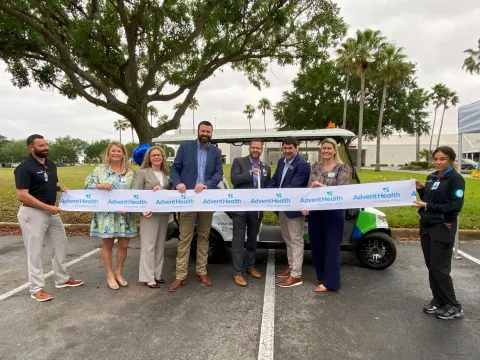
AdventHealth Heart of Florida and AdventHealth Polk Foundation leaders are delighted to unveil a new courtesy visitor shuttle meant to enhance accessibility and comfort for patients.
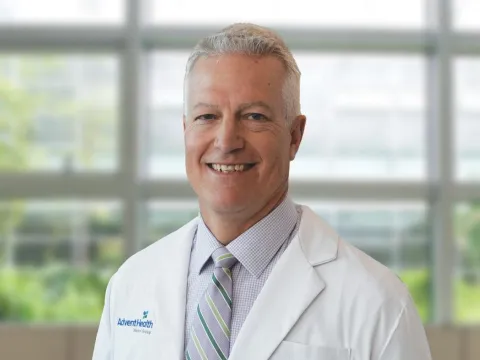
Dr. Jeffrey Keen, a board-certified orthopedic surgeon specializing in adult reconstruction, orthopedic surgery, robotic-assisted surgery, and sports medicine, has returned to AdventHealth Medical...
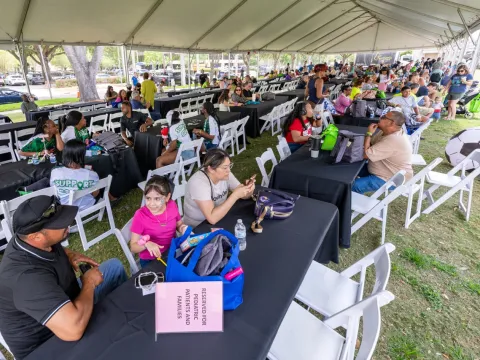
In recognition of National Donate Life Month, nearly 300 transplant patients and their families enjoyed AdventHealth’s 2025 transplant reunion.

By managing ASCs as distinct entities with tailored operations, financial structures, and physician partnerships, the East Florida Division is fostering collaboration, efficiency, and growth.
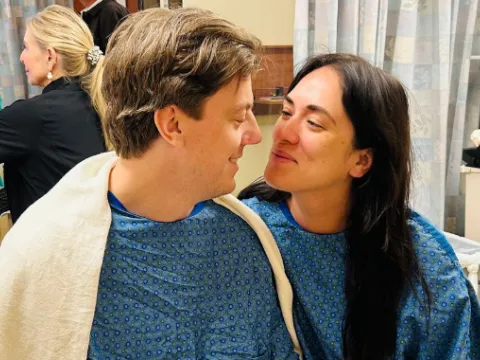
According to the National Kidney Foundation, more than 101,000 people are currently on the organ transplant list in need of a new kidney. However, only about 17,000 transplants happen each year —...
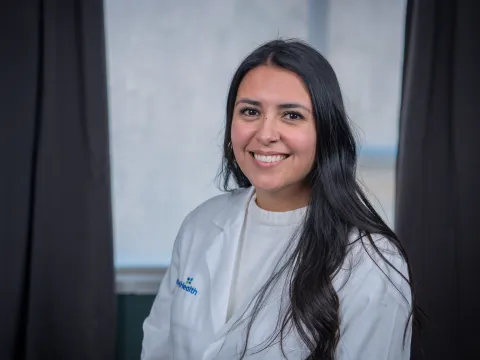
AdventHealth is excited to welcome Shalom Littrell, LCSWA, to its team at AdventHealth Medical Group Psychiatry at Medical Office Building*. Littrell is a Licensed Clinical Social Work Associate and...
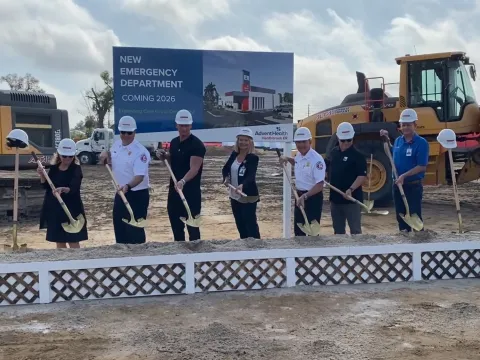
The AdventHealth Heathbrook ER will have 12 exam rooms, including a resuscitation room, a bariatric room, an isolation room, obstetrics-friendly room and pediatric-friendly rooms.
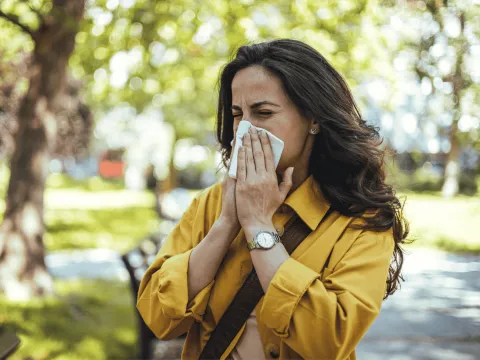
Ming Wu, MD -- a family medicine doctor with AdventHealth Littleton -- talks about the ways to lessen the impact of seasonal allergies this spring.

The East Florida Division is forming strong partnerships with independent physicians, driving mutual success and improving hospital throughput.
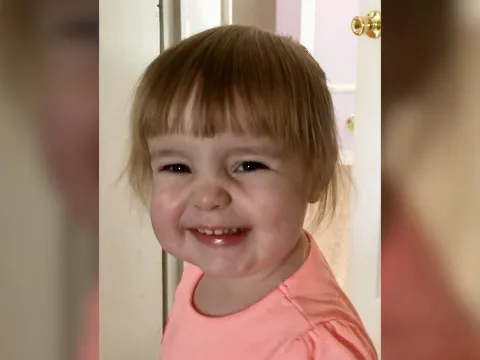
In life, Sophie Davis touched dozens of hearts. In passing, one of her organs could possibly save thousands of lives.
